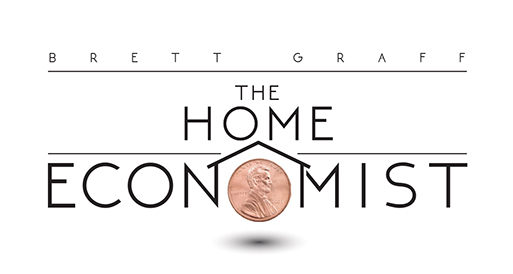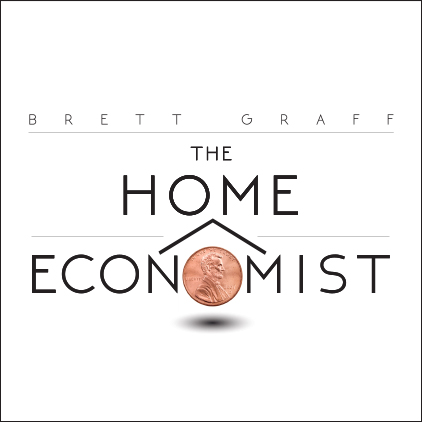There are ways to find a mentor. By Cindy Krischer Goodman

Recently, a friend called me, frustration in her voice. She wants to move up the career ladder but feels no one in her office has the time or interest to groom her.
“They’re too busy,” she told me. So for now, she toils away in a job she’s only been half trained to do and wishes she had a mentor to offer direction.
As the recession drags on, mentoring just isn’t a priority. Hard-pressed employers are taking an ax to their corporate training budgets and formal mentoring programs. At the same time, managers are worried about their own jobs, saddled with more responsibilities and struggling with work-life balance.
Younger workers find they must come up with new strategies to find mentors.
“Finding a mentor today means looking inside and outside your organization and thinking creatively,” says Tammy Allen, professor of psychology at the University of South Florida and author of Designing Workplace Mentoring Programs; An Evidence-Based Approach.
January is national mentoring month and even President Barack Obama has weighed in, encouraging Americans to guide a young person. Mentoring is something the Gen Y employees (18-to-25-year-olds) are particularly looking for, but it is something that employees of all ages appreciate.
Here’s how to find a mentor:
Consider community groups. Someone on the outside of your workplace may be an ideal confidant who can guide you without feeding into the office political game. 
Nicole Bared, 24, a client associate at a financial services firm, is feeling her way through the job market, trying to figure out her most satisfying career path at a time when she realizes she is lucky to be employed.
Fortunately, she has Mary Young to mentor her. Both are volunteers on the Citizens Board at the University of Miami. Recently, the board’s director saw an opportunity to pair younger board members with older ones.
Young, who took an early retirement package from IBM, meets weekly with Bared, and has introduced Bared to top executives in the financial services business.
“She has been a great sounding board,” Bared says. “I’m super fortunate. There are so many young people who are dissatisfied and looking for their next move and it’s hard to find someone who can provide direction.”
Nonprofits are a path to mentorship. Chae duPont, a Miami attorney and volunteer at Shake-A-Leg, says she has mentored people of all ages who share her interests in volunteerism and sailing. “Volunteering is the best way to find mentors,” duPont says. “As volunteers become involved, everyone learns more about them and they meet people who can help and support them in other aspects of their life.”
Look at what universities offer. Stacy Ethun, president/CEO of Park Avenue Group, an executive search and consulting firm in Orlando, says she saw an ad in her newspaper for a university program called Athena that offers mentoring to women business owners. Many universities offer variations. “The program is totally free and fabulous and I had no clue it existed,” Ethun says.
Seek someone who has been mentored. Jeff Lee, vice president of operations for Coastal Construction says his career prospered from having a mentor. Coastal president Dan Whitman has been his mentor for 35 years. Lee says he considers it his responsibility to develop his younger employees, just as he was guided. However, he believes a crucial part of mentoring relationships is the willingness to be taught. “It takes asking for help and admitting you don’t know it all.”
Show possible mentors what they stand to gain. Often in mentor relationships, both parties benefit and it may be necessary to point it out. Young says mentoring Bared has been invaluable to her: “It gave me insight into how the next generation thinks.” Lee says he, too, learns from mentoring students and young workers: “They are helping me continue to dream.”
Consider formal programs. Coastal Construction has launched a program for students at Miami Carol City High School, where it is building a new campus next to the old one. Every two weeks, Coastal workers teach 15 students how to perform different aspects of construction on a real classroom being built. “It’s easier to mentor young people in a program with structure to it,” says Goran Ljustina, Coastal’s senior project manager. “It’s a positive experience when you can help give the younger generation a better starting point for whatever they are going to pursue.”
Seek out retirees. Sissy DeMaria recently asked a retired New York PR agency owner to have lunch. Conversation over the meal developed into a mentor relationship with octogenarian Richard Weiner, sharing tidbits of wisdom such as how to wow a client with handwritten thank-you notes.
“I am the luckiest person in the world to have met him,” DeMaria says. To find retired executives, look to trade associations, alumni groups and organizations such as SCORE.
Chemistry is important. Some programs force people together, but the best relationships, much like dating, are often about having compatibility. “That’s why some formal programs don’t work well for some individuals,” says Allen, the psychologist. If one person doesn’t work, keep looking.
Take a new look within your workplace. A mentor can be a senior-level person in an organization, or a more experienced peer. Mia Fraser, a seventh-year law associate at Squire Sanders & Dempsey in Miami, only has five years’ more experience than her prot







Leave A Comment